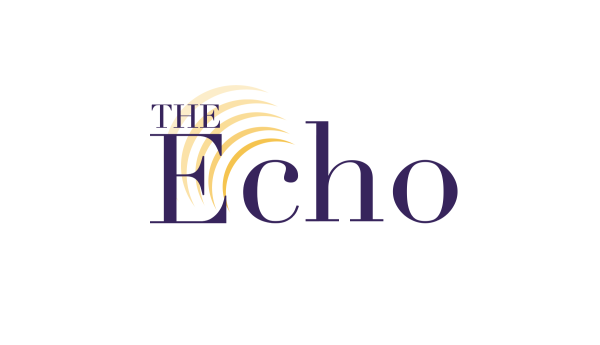Growing up in a dual language program greatly improved my education process while simultaneously giving me invaluable tools for the real world, post-graduation.
I was fortunate enough to be in a Spanish immersion program throughout my public school career. From first grade to my senior year of high school, a portion of my day was spent immersed in the Spanish language, and the various cultures of Spanish-speaking countries.
My teachers were from various countries ranging from Argentina, Barcelona, Mexico, Peru, and Spain. This experience provided me with a perspective I would otherwise not have had, along with a deeper understanding of the world outside how I experience it.
I believe that language connects people in a very important way, and having the ability to speak more than one language is such an important ability to have. Speaking Spanish as a second language has opened so many doors for me.
Because of it, I can communicate with people I would otherwise not be able to communicate with. I have a greater understanding and appreciation for cultures outside my own.
Michele Dean, Senior Lecturer and Field Placement Director at California Lutheran University, has an extensive background in dual language education,
According to the Cal Lutheran website, Dean has a 37-year career in Pre-K-12 public education, having served as a K-8 bilingual teacher, district mentor teacher, instructional coach, and professional development administrator.
Dean recalls the immersive nature of the dual language program she was a part of as a child in Japan, where she spent most of her elementary school years. She references various cultural experiences put on by her school, and the impact that being immersed in that culture had on her.
“I clearly remember learning mathematics using an abacus, writing Japanese letters in ink on rice paper, reading Japanese stories, struggling with origami, and learning about Japanese days of honor, celebration, and respect. For my birthday, I received my first kimono and obi. During this time, I also started my Japanese doll collection,” Dean wrote in her article titled, “My Journey in Spanish Language Acquisition and Dual Language Leadership as an African-American Woman.”
In the article, Dean also wrote more about her time in Japan, expressing her appreciation for the culture she was immersed in.
“I vividly remember the joy I experienced learning a second language and a new culture while living in a beautiful and different country. This enriching experience transformed me as a person and as a lifelong language learner,” Dean wrote.
According to Dean, she later moved to California where she was enrolled in another dual language program. There, she finished her elementary, middle, and high school years.
“We miss advantages when our students don’t learn multiple languages. Kids should be offered an opportunity to learn more than one language,” Dean said.
As a student, I feel my overall comprehension of language, both in English and Spanish improved as I was learning both at once. It challenged my mind to absorb information in two languages and while growing up was difficult at times, I feel as though it only benefited me in the long run.
“When kids learn in their home language and then they acquire another language, … their academics are stronger,” Dean said. “If you learn another language, you learn your first language stronger and better, and you have access to another language and another culture, and you communicate with people.”
Jessica Minguez, my first-grade Spanish Immersion teacher, said that most of her students did not have Spanish as their first language coming into the program. Through her experience, she found that an effective way of teaching basic milestones is via music, creating jingles to the tune of commonly known, preexisting Spanish songs. I distinctly remember Sra. Minguez’s class as engaging, memorable, and fun.
Minguez says she believes bilingual education is important, and that there are several ways in which people can learn a language. While some people may be more proficient in the technicalities of a language and can read and write well, others may have a better understanding of the language in a conversational sense.
“A kid may not be an A student in everything, but knowing a second language or a third language or an additional language can still be a toolkit as they go into the world,” Minguez said.“I think it’s not necessarily about academic performance, like what you take out into the world and into the workforce, is not necessarily something that’s going to show up in a report card.”
This rings true for me. While I took school seriously and strove for good grades, I occasionally struggled with the conjugations and more technical aspects of the Spanish language; however, that hasn’t stopped me from using my Spanish comprehension skills, learned over years of exposure and immersion, on a nearly day-to-day basis.
Minguez stresses the significance of one’s ability to communicate with someone in a learned language. Even if a student does not read or write another language, but still has those foundational skills of comprehension that may not be positively reflected in a report card, they will still be valuable in the real world.
I feel better off because I participate in Spanish immersion. It has given me a perspective I would otherwise not have had, made me more culturally aware and appreciative, and, I feel, enhanced other aspects of my educational experience.
I cannot stress enough the value of learning a second language as it allows one to interact with and understand people with valuable insights, thoughts, and perspectives, and personally, it has served me every day.






